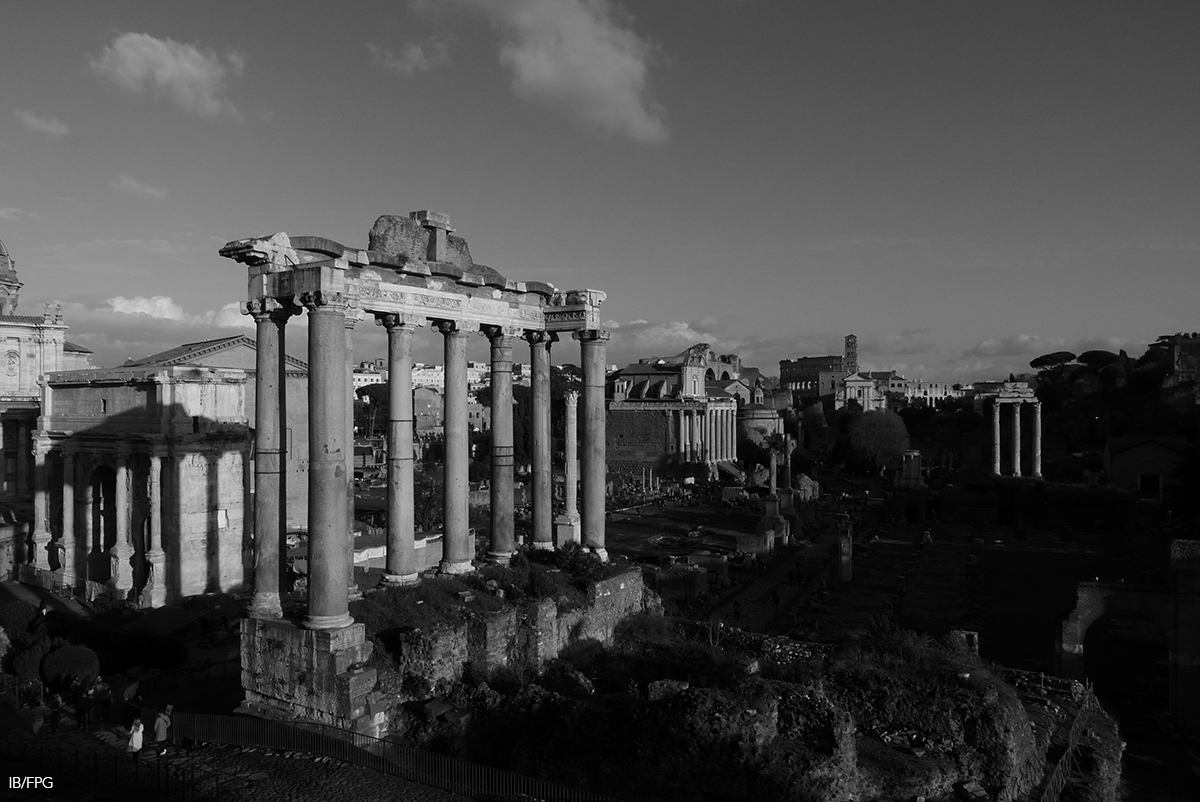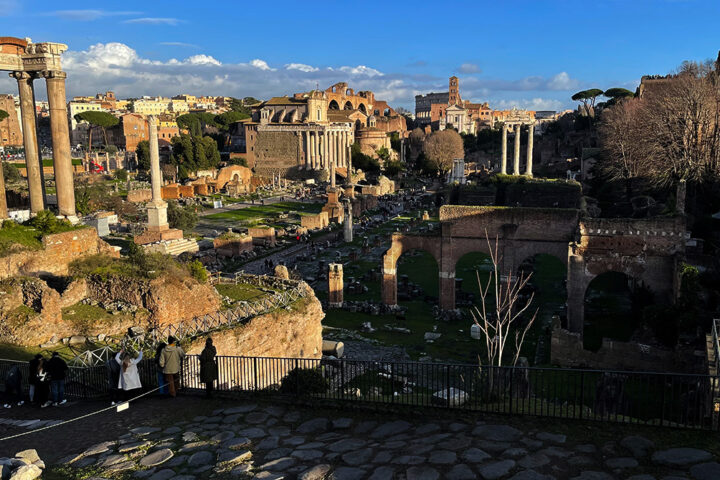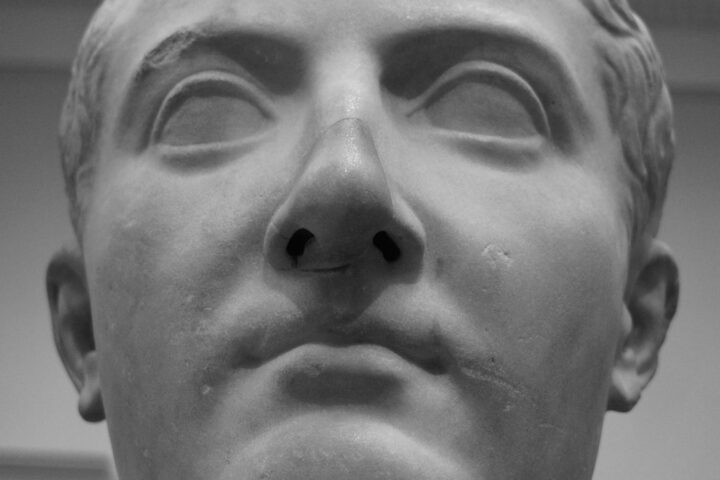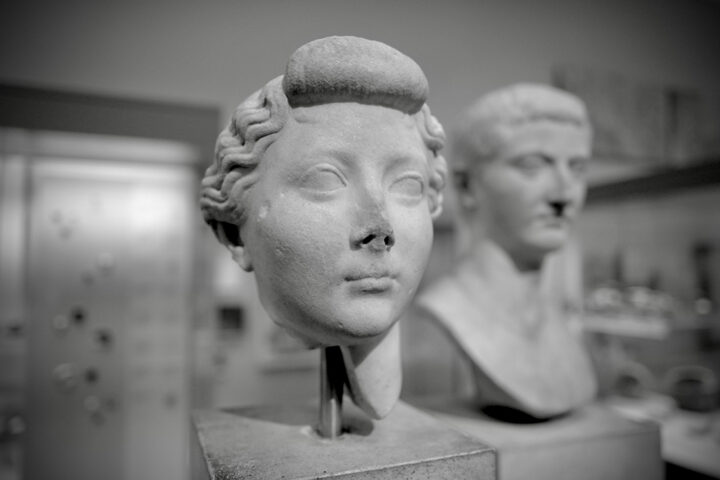If we fail to learn from the past, the outcomes for our future actions can be significantly detrimental. History, with all its triumphs and tribulations, serves as a vast collection of lessons that guide current and future decision-making processes. Ignoring these lessons often leads to the repetition of previous mistakes, squandering opportunities for growth and progress.
Understanding historical background is fundamental to navigate the complexities of present and future challenges. It is through this understanding that we can spot patterns, predict outcomes, and devise strategies that are more likely to succeed. The insight gained from past experiences can enhance our perception, allowing us to adapt and innovate with a grounded sense of awareness.
Moreover, when we embrace the lessons of the past, we cultivate a culture of reflection and critical thinking, which is essential for personal, organizational, and societal development. Through this reflection, we can see the implications of our actions, fostering a mindset that looks beyond immediate gains to contemplate long-term impacts.
Without such learning, future actions risk being ineffective and misguided, leading not only to setbacks but also to the erosion of trust and credibility. Hence, the wisdom of the past is not only a tool for improvement but also an invaluable asset that fortifies our decisions and actions in the pursuit of a better, more informed future. The only lesson that still remains unanswered: have we actually learned anything?












